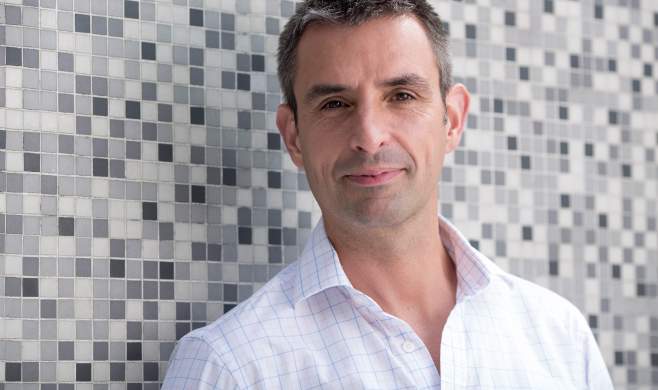Simon Blake OBE, Chief Executive of Mental Health First Aid England
Deputy Chair of Stonewall and Former Chief Executive of the National Union of Students (NUS), and former CEO at Brook, the young people’s charity.
Double Alumnus of Windsor Leadership – 2007 April Newly Appointed Strategic Leaders and 2011 February Experienced Leaders
Developing a strong leadership antenna
Many of the learnings from my first programme 11 years ago have stayed with me and one of the most powerful was the need to develop a strong leadership antenna to be able to distinguish the ‘noise’ from the important issues that needed addressing.
I was in my first Chief Executive role at the time and realising that I didn’t need to ‘sweat the small stuff’ was vitally important. I was no longer in the situation where I’d be liked by everyone. Having a strong antenna to cut out the noise and training those close to me to have the same was essential. At Brook I led the merger of the organisations in the network. Pre-merger I had five people reporting directly into me in an department of 20 staff. Suddenly I was faced with a larger and more senior management team to oversee in an organisation with close to 700 staff.
Being human in a crisis
One of the conversations within our syndicate reflected on our behaviour as leaders in moments of crisis. We came to realise how ‘human’ we were when we didn’t have all the answers and didn’t know if we’d got it right or wrong, was essential. How should we front a crisis situation without having all the answers, but still manage to come across as credible, clear and accountable? One of our speakers said that looking at - and feeling - a crisis through the eyes of the people being affected was key. This approach resonated deeply with me.
I had the opportunity to put my learning into practice when, as CEO of Brook (a charity providing sexual health & wellbeing for under 25s), we found ourselves in the midst of a media storm.
I drew on my time at Windsor to navigate the very emotionally-charged weeks whilst in the midst of the media frenzy. My focus was on communicating to people who needed to continue trusting our services. The language I used and the way I delivered the information during this time was critical.
Being at peace with peer disagreement
I clearly remember sitting in Vicar’s Hall, Windsor Castle fiercely disagreeing with what was being said, but at the same time not feeling this was a bad thing. There were three or four of us within the group who felt the same way and there had been a high level of intense debate. I felt confident enough amongst these peers to voice my disagreement whilst at the same time respecting that they were able to hold an opposing view and I didn’t need to try and change that.
The process of learning, maturing and recognising that we didn’t all need to agree was phenomenally liberating. I realised that healthy disagreement was possible and could be fostered in an environment of mutual respect.
Our facilitators encouraged us to carry on exploring and expressing our disagreements which enabled me to find my own voice and stand with it rather than feeling the need to win the argument or back down. Everything was guided towards finding your voice and finding your way.
Work/Life modelling
We focused a lot on modelling behaviours particularly in relation to my work/life balance, and this spoke volumes to staff in the organisation. By not sending emails after a certain time at night or during the weekend we give non-verbal permission to staff to have a break. People need a break from me as much as I need a break from work!
The power of reflection
Understanding who you are as a human being, connecting with who you are, building trust and honouring the experience of others is vital.
Now I am far more aware of the need for peacefulness and stepping back from the maelstrom. Not continually being attached to a phone to check emails is really freeing. I try to think, feel and learn without being connected to my phone 24/7, and I’ve discovered that it’s in the quiet place that I’m able to make decisions and learn most effectively.
About Windsor Leadership
Windsor Leadership provides transformational leadership programmes for senior leaders across all sectors, including corporate, public, military, education, faith and not-for-profit.
Leadership Programmes
Our open and bespoke programmes create opportunities and the right peer-to-peer environment to explore and discover personal leadership styles.



